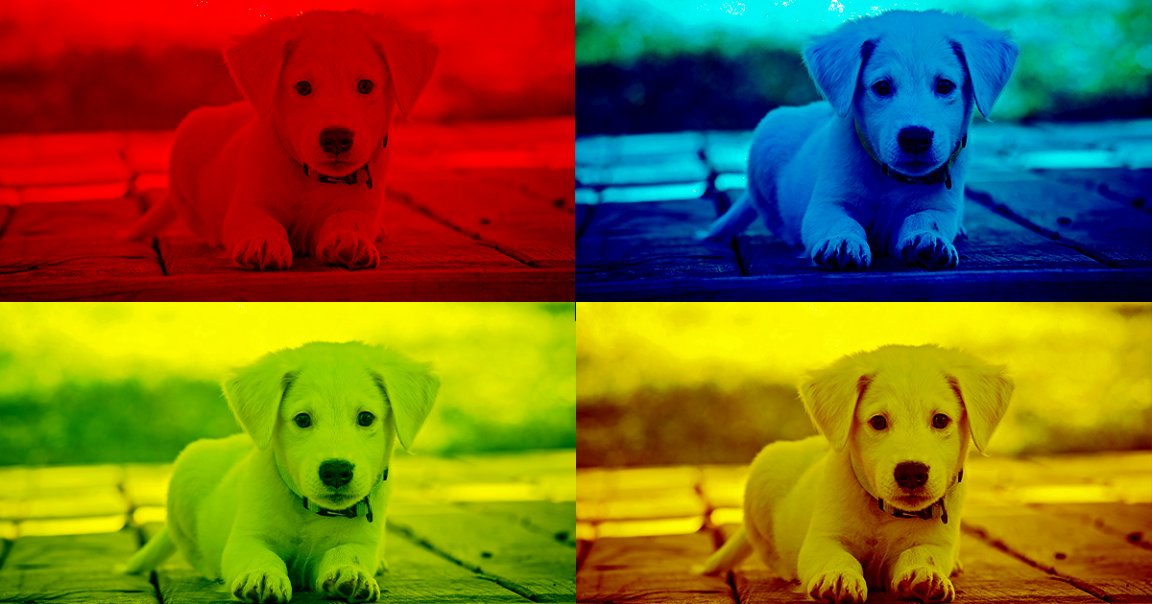
Fido 2.0
Less than a decade after the birth of the first cloned mammal, Dolly the sheep, a company was already offering commercial cloning services — promising to clone owners’ beloved pets for a fee.
Since then, a number of celebrities — including Barbra Streisand and Simon Cowell — have cloned their pets. And today, anyone can have their dog cloned for $50,000, half of what a company was reportedly charging for the service in 2015.
That price drop means the service is now starting to hit the mainstream — but according to one expert, pet cloning is overhyped and borders on animal cruelty.
Nightmare Factory
The prohibitive cost of pet cloning might be slowly diminishing, but a number of problems with the cloning process remain, according to Alan Beck, an animal ecology professor at Purdue University.
“All cloned animals have shorter life spans and many more health problems than non-cloned animals,” Beck recently told WNEM TV5, a local news station in Michigan — and the cloned animal isn’t the only one that suffers, either, according to Beck.
“Many, many animals are used [in the cloning process],” he told TV5. “So you have this big population of unrecognized industry of a dog population that are surgically manipulated and kept in cages, like any kind of commercial or research area, but it’s not inspected and there’s no guarantee they’re well taken care of.”
READ MORE: TV5 investigates pet cloning [WNEM TV5]
More on pet cloning: Wanna Clone Your Dog Like Barbra Streisand? Here Are Four Things You Need to Know.